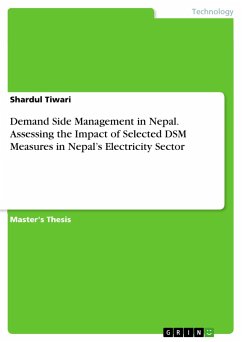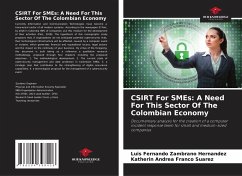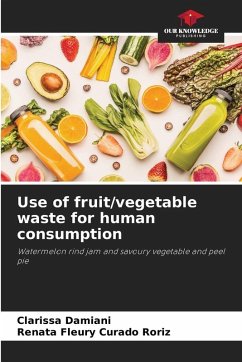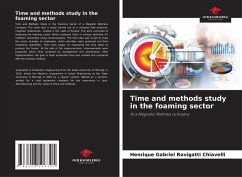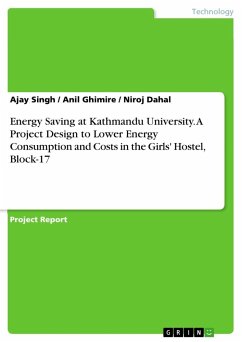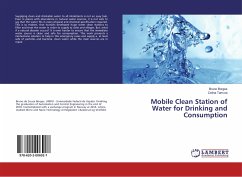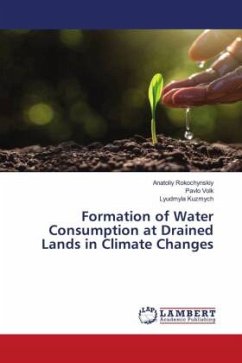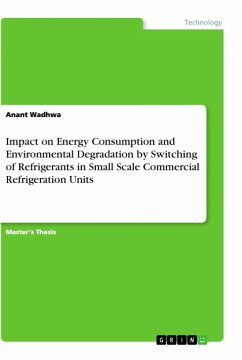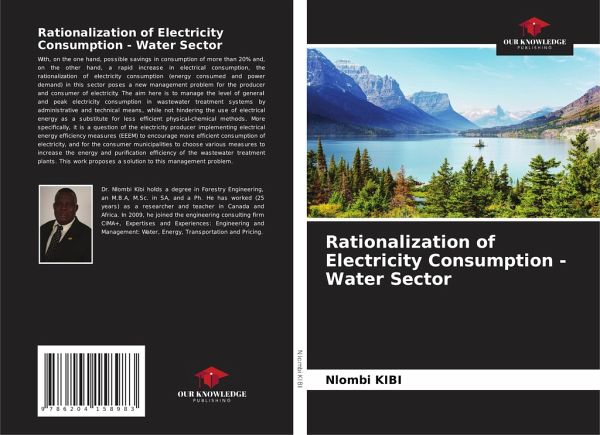
Rationalization of Electricity Consumption - Water Sector
Versandkostenfrei!
Versandfertig in 6-10 Tagen
47,99 €
inkl. MwSt.

PAYBACK Punkte
24 °P sammeln!
With, on the one hand, possible savings in consumption of more than 20% and, on the other hand, a rapid increase in electrical consumption, the rationalization of electricity consumption (energy consumed and power demand) in this sector poses a new management problem for the producer and consumer of electricity. The aim here is to manage the level of general and peak electricity consumption in wastewater treatment systems by administrative and technical means, while not hindering the use of electrical energy as a substitute for less efficient physical-chemical methods. More specifically, it is...
With, on the one hand, possible savings in consumption of more than 20% and, on the other hand, a rapid increase in electrical consumption, the rationalization of electricity consumption (energy consumed and power demand) in this sector poses a new management problem for the producer and consumer of electricity. The aim here is to manage the level of general and peak electricity consumption in wastewater treatment systems by administrative and technical means, while not hindering the use of electrical energy as a substitute for less efficient physical-chemical methods. More specifically, it is a question of the electricity producer implementing electrical energy efficiency measures (EEEM) to encourage more efficient consumption of electricity, and for the consumer municipalities to choose various measures to increase the energy and purification efficiency of the wastewater treatment plants. This work proposes a solution to this management problem.



